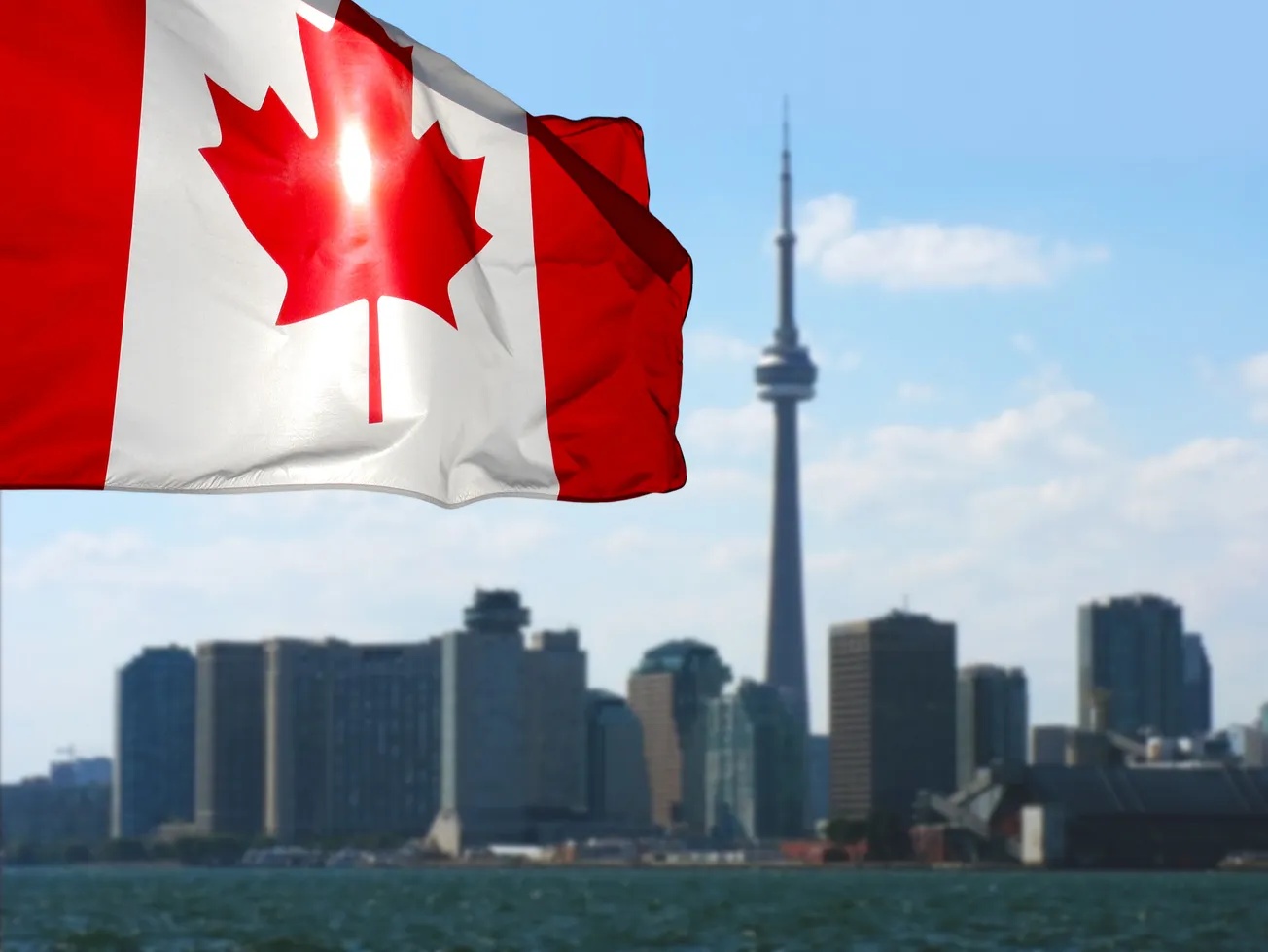Canada's recent regulatory changes requiring online streaming services to contribute 5% of their Canadian revenues to support local broadcasting will impact podcasters as well.
Under these new rules, online streaming services operating in Canada that earn $10 million or more annually must register with the Canadian Radio-television and Telecommunications Commission (CRTC) and contribute to Canadian content funding.
While smaller, independent podcasters with lower revenues might not be directly required to register, they could face increased costs if platforms pass on the financial burden of these contributions through higher hosting fees or reduced services.
Despite these challenges, the regulations could also provide more funding opportunities for Canadian podcasters, potentially increasing the visibility and production quality of Canadian content. This could help Canadian podcasters reach broader audiences both domestically and internationally.
The measure is part of a broader effort to modernize Canada's broadcasting framework and ensure robust funding for Canadian and Indigenous content.
The mandate follows the passage of Bill C-11, also known as the Online Streaming Act, which officially brought online streaming services like Netflix, Amazon Prime Video, and Disney+ under the purview of Canadian broadcasting regulations. The legislation emphasizes that streaming services must support Canadian culture financially, aligning with long-standing practices applied to traditional broadcasters in Canada.
Platforms hosting podcasts, like Spotify and Apple Podcasts, must ensure part of their revenue supports Canadian and Indigenous audio content. The measure aims to boost funding for local productions, including those from equity-deserving groups and diverse backgrounds, thereby fostering a richer, more inclusive Canadian media landscape.
Critics of the policy argue that it might lead to increased subscription costs for consumers and potentially reduce the variety of content available. Streaming services might pass these costs onto consumers, resulting in higher subscription fees or reduced content offerings.
Supporters, including various Canadian media organizations and the Directors Guild of Canada, believe that the policy will enhance the visibility and production of Canadian content, providing more opportunities for local talent and ensuring that Canadian stories are told and seen both domestically and globally.
The measure is set to generate approximately $200 million annually starting in the 2024-2025 broadcasting year. It will apply to streaming services with Canadian revenues exceeding $10 million annually, ensuring that significant players in the market contribute fairly to the domestic broadcasting ecosystem.
Canada isn't the first country to seek out financial support from streaming and online broadcast services.
Since 2021, France has required streaming services to allocate 20-25% of their revenues to European and French content creation. This regulation ensures substantial investment in local productions, promoting cultural diversity and supporting the domestic entertainment industry.
The South African government has proposed regulations on international streaming services like Netflix and Disney+, aiming to level the playing field with local services. These regulations include local content requirements, licensing, and taxation, ensuring that international platforms contribute to the South African media landscape.
In the US, many states and cities in the U.S. have started taxing streaming services. For instance, Chicago categorizes streaming services under its amusement tax, significantly increasing revenue from these services. Additionally, some states like Florida have extended their communications services tax to include streaming platforms.
These international examples highlight a growing trend of governments requiring global streaming giants to contribute to local content creation, thereby supporting their domestic cultural and creative sectors.








